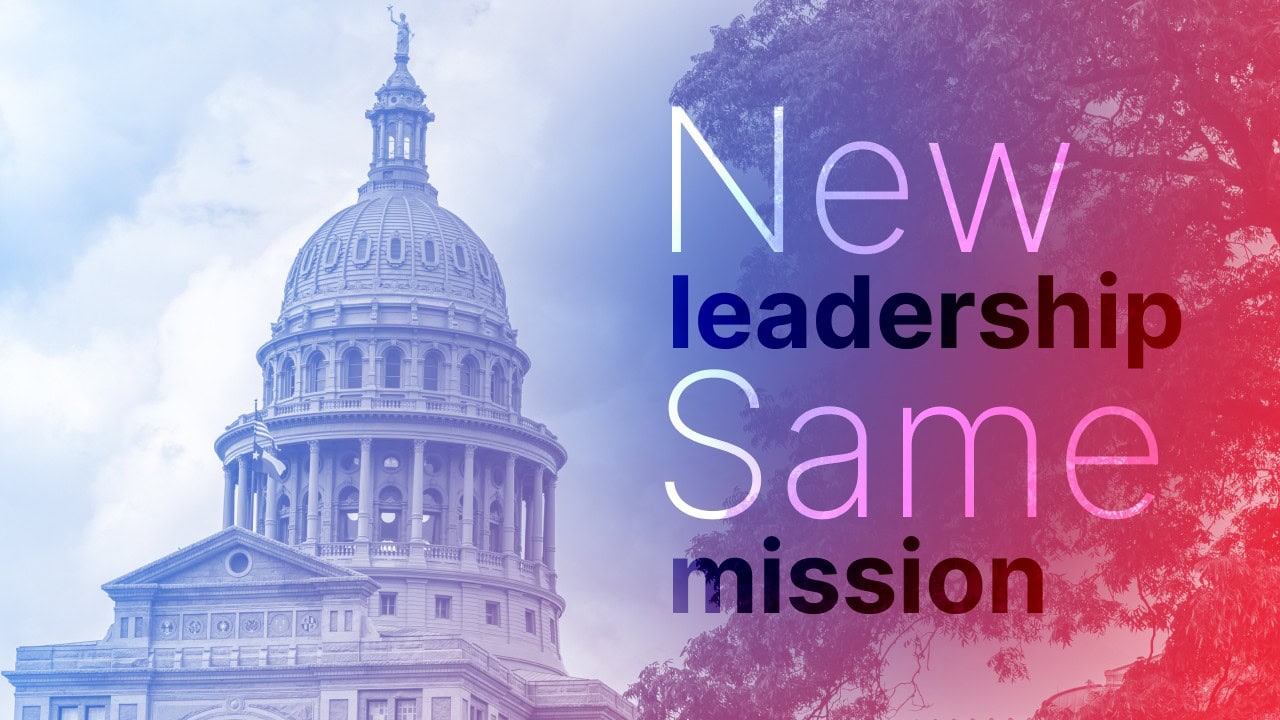Last week, Nigeria raised an impressive $2.35 billion through an international debt issuance, in a transaction that drew over $12 billion in investor orders: the highest level of demand ever recorded for a Nigerian sovereign offering.
The scale of this oversubscription marks a striking vote of confidence in the country’s economic direction at a time when, more widely, global investors are approaching most emerging markets with heightened caution amid geopolitical tensions and economic uncertainty.
Investor Optimism
What explains this high level of confidence?
After several difficult years, Nigeria’s macroeconomic fundamentals are beginning to stabilise. The naira, once under sustained pressure, has steadied following reforms to unify exchange rates and improve transparency in the foreign exchange market. Inflation, while still elevated, has declined for six consecutive months. Fiscal consolidation efforts are narrowing the deficit, something that has also been supported by subsidy reform.
Meanwhile, real GDP growth is gaining momentum, driven by growth in non-oil sectors such as financial services and technology. Taken together, these trends suggest that Nigeria is re-establishing the conditions for sustained, long-term growth.
Nigeria’s debt sale performance stands out precisely because investor confidence cannot be taken for granted. Across many emerging economies, fiscal pressures and low risk appetite on the part of international investors have limited access to international capital markets.
Yet Nigeria’s offering was met with record interest: something that must be taken as a sign that investors are beginning to price in a more predictable macroeconomic environment, one that allows them to take full advantage of the opportunities available in the Nigerian market.
Changing Perceptions
This renewed confidence is not confined to the bond markets. It is also visible in the growing appetite of international businesses looking to establish a presence in Nigeria’s digital economy. At Itana, we have seen this for ourselves, particularly during our “Doing Business in Africa” tours, which have seen a notable uptick in foreign investors in recent months.
These tours provide investors and Africans in the diaspora a means to gain hands-on experience of the African business landscape and connect with key ecosystem players, and have proved invaluable in that helps boost investors’ confidence in participating in the Nigerian business space.
Especially in light of the recent macroeconomic improvements, many of these investors are exploring Nigeria as a long-term strategic growth market.
After all, Nigeria’s appeal lies in its fundamentals. With more than 200 million people, a fast-growing youth population, and one of Africa’s most vibrant technology ecosystems, it offers scale, talent, and innovation potential that are difficult to match elsewhere on the continent or the world.
What has changed recently is the macroeconomic backdrop. Currency stability and fiscal discipline make investment decisions more predictable. Inflation’s gradual moderation improves planning horizons. Together, these shifts have lowered the perceived risk premium associated with operating in Nigeria.
Fewer Barriers
For digital and service-oriented businesses, the opportunity is even greater. The pandemic accelerated the global shift toward remote work and online service delivery. As a result, international companies no longer need to commit heavy capital to enter new markets. Nigeria, with its large English-speaking workforce and entrepreneurial culture, is a natural destination for such firms.
The emergence of digital special economic zones like Itana reflects this changing dynamic. By enabling companies to establish virtual operations and access local markets under clear regulatory and fiscal regimes, these zones lower the barriers to entry that once discouraged investors.
Instead of navigating complex incorporation processes or establishing physical offices immediately, businesses can enter the Nigerian market digitally: building teams, serving customers, and assessing opportunities before committing to larger investments. This approach not only reduces costs but also fosters confidence.
Sustaining Momentum
Nigeria’s current trajectory suggests that the reform dividend is beginning to materialise. For global investors, these macro developments matter because they create predictability, which is the foundation of any long-term capital allocation decision. When investors can model risk with greater confidence, they are more willing to deploy funds, hire locally, and commit to multi-year strategies.
The result is a virtuous cycle: macroeconomic stability attracts investment, investment supports growth, and growth reinforces stability.
The task now is to sustain this momentum. Continued transparency in monetary and fiscal policy, consistent implementation of reforms, and a focus on improving the ease of doing business will be essential to maintaining investor trust.
The recent surge of investor interest shows that the world is paying attention to Nigeria again. If current reforms are maintained, Nigeria has a genuine opportunity to translate renewed confidence into lasting prosperity.
By Mayowa Olugbile, CEO of Itana














